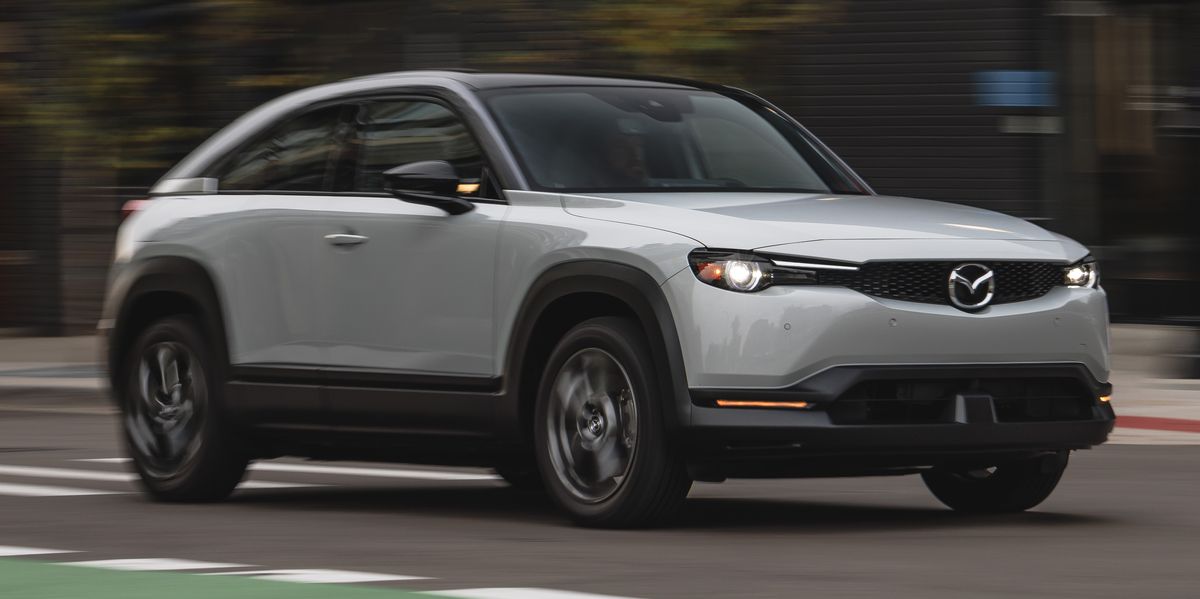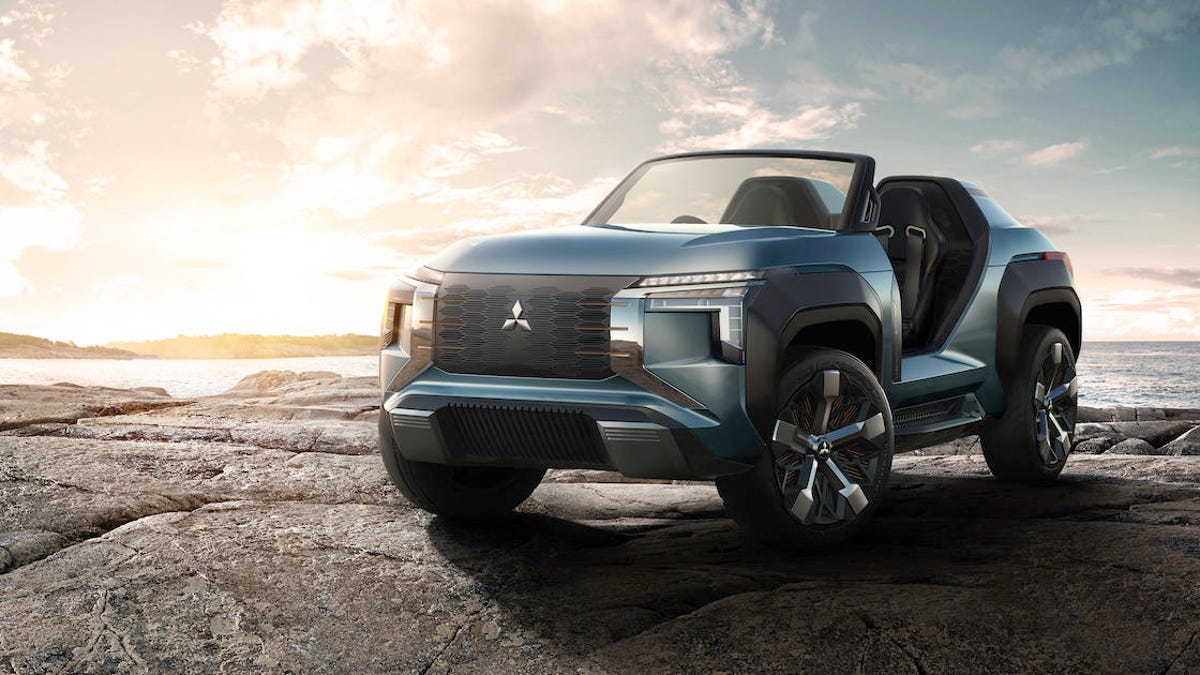Study finds EVs are traveling less than half the US fleet average
New data suggests that electric vehicles may not be an easy future substitute for the gasoline-powered fleet, as EVs currently travel less than half as much as the US fleet average. A team from the University of Chicago, University of California, Davis, and UC Berkeley combined billions of...
www.greencarcongress.com
Interesting study with some broad points. They are careful not to draw conclusions, but it seems 'to me' that EV's simply supplement conventional vehicles in many cases.
EV's average about 5,300 electric vehicle miles traveled (eVMT) per year—roughly half as large as EV driving estimates used by regulators and also half as large as vehicle miles traveled in gasoline-powered cars.
Future research should seek to test a variety of potential explanations for the apparent low utilization of EVs. First, buyers of EVs to date may not represent the broader vehicle-owning population. Second, the marginal utility of eVMT may be lower than that of travel in conventional vehicles. if, instead, EVs are primarily owned by households with multiple cars, it will be important to understand why. This may be true for a variety of reasons, including an absence of sufficiently dense charging networks, range anxiety, or other attributes of the EV travel experience. Third, EVs may be complements to gasoline-powered vehicles, rather than substitutes for them.
The research also studied different types of EVs and found that Teslas consume almost twice the amount of electricity per hour than the others studied. This is likely due to a combination of factors, including Tesla’s higher battery capacity.


